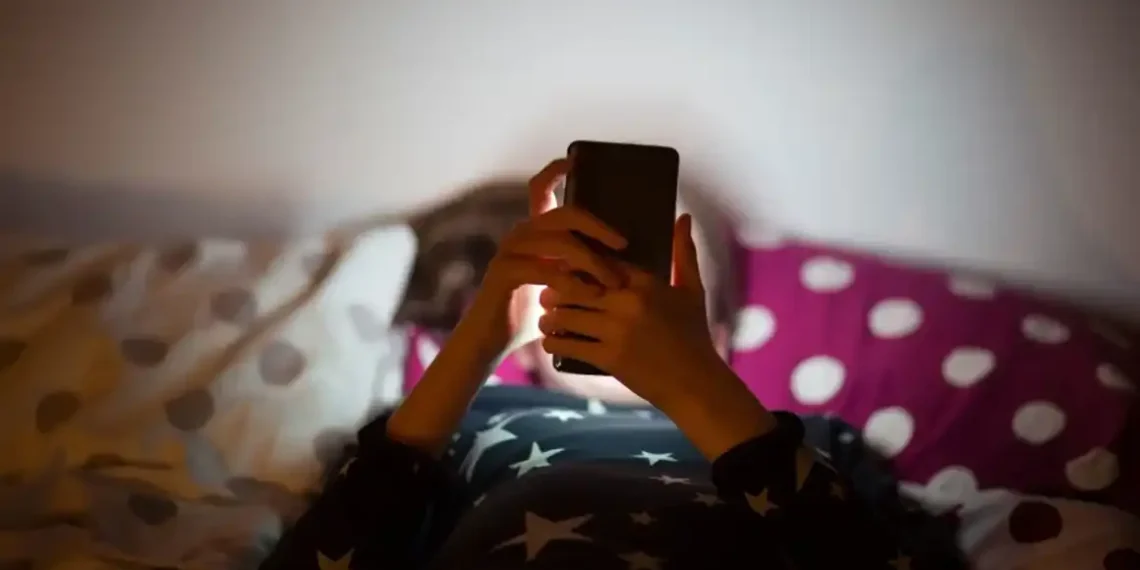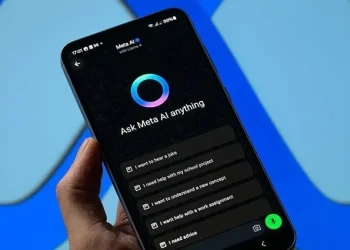New Study Warns: Smartphones Before Age 13 May Harm Kids’ Mental Health
Introduction:
A new global study is raising serious concerns about giving young children smartphones. According to the research, kids who start using smartphones before age 13 may face long-term mental health challenges. The study links early smartphone use to problems like low self-worth, poor emotional control, and even suicidal thoughts—especially among girls.
The research involved nearly 2 million people across 163 countries and is now sparking fresh debate about what age is too young for smartphones and social media. Here’s what parents need to know.
What the Study Found
The study, published in the Journal of the Human Development and Capabilities, found that the younger a child is when they get their first smartphone, the more likely they are to struggle with mental health later on.
The lead author, Tara Thiagarajan, says the findings show “urgent action” is needed to limit smartphone and social media use in children under 13. Thiagarajan is the founder and chief scientist at Sapien Labs, the nonprofit behind the research.
The data was based on self-reports from millions of people worldwide. It showed that early smartphone users were more likely to experience:
- Suicidal thoughts
- Difficulty controlling emotions
- Lower self-worth
- Feeling disconnected from reality
These problems were even more common in girls than in boys.
Why It’s a Big Deal
This research builds on past studies linking smartphone use to anxiety and depression. But this one goes further by focusing on emotional regulation and self-esteem—areas not always studied in tech-related mental health research.
The results suggest that early exposure to smartphones opens the door to risks like:
- Poor sleep
- Cyberbullying
- More time on social media
- Weaker family connections
“These experiences can deeply affect how kids see themselves and manage their emotions,” said Thiagarajan.
Social Media: Wait Until 16?
Some experts suggest going even further—not just delaying smartphones, but also holding off on social media access until age 16.
Jonathan Haidt, a social psychologist and author of The Anxious Generation, also recommends keeping kids off social apps during their early teen years. He points to research from the UK showing that social media use during puberty can lead to lower life satisfaction a year later.
Many parents are on board but feel stuck. They’re often worried their kids will miss out socially if their peers are already online.
The Power of Parent Groups
One way parents are tackling this issue is by teaming up. Organizations like Wait Until 8th offer a pledge that encourages parents to delay smartphones until at least the end of 8th grade. When parents take the pledge together, it becomes easier to resist pressure.
Melissa Greenberg, a clinical psychologist at the Princeton Psychotherapy Center, says community support is key.
“Even if no one’s talking about it yet, starting the conversation can bring a lot of relief,” she said.
Parents can also look for schools with strong smartphone policies or encourage their children’s schools to create better rules.
Policy Matters, Too
Still, experts say this isn’t a problem families can solve alone.
Thiagarajan points out that even if one child doesn’t have a phone, they’re still exposed to apps on the bus, during after-school activities, or at a friend’s house. That’s why broader solutions—like regulations on digital environments—are needed.
“Parents should also speak up in public debates about technology and kids,” she said.
If Your Child Already Has a Smartphone
If your child already uses a smartphone or social media, don’t panic.
“Just because you gave your child a phone doesn’t mean it’s too late to make a change,” said Greenberg.
She suggests parents look out for signs like:
- Anxiety
- Low self-worth
- Emotional outbursts
If you’re worried, start a calm, honest conversation. Let your child know that some kids struggle with these things—and that help is available if they ever need it.
You can also consider changes like:
- Switching to a flip phone
- Using parental controls
- Deleting certain apps or features
Greenberg recommends saying something like:
“When we first gave you a smartphone, we didn’t know all the research. Now we know more, and we want to make a few changes because we care about your health.”
If your child resists, try to stay understanding.
“Even adults have a hard time giving up their phones,” she said. “It’s normal for kids to feel upset at first.”
Talk About Your Own Tech Habits
One way to connect with your child is by being honest about your own smartphone use. Share how hard it is to unplug—and how you’re trying to do better. This helps kids see that managing screen time is a challenge for everyone, not just them.
What Parents Can Do Right Now
If your child doesn’t yet have a smartphone, this could be the perfect time to hold off. Start talking with other parents in your community to set shared expectations about when kids should get phones or join social media.
Delaying smartphone use isn’t just about saying “no.” It’s about giving your child more time to grow emotionally before navigating the complex digital world.
As Thiagarajan put it, “We need to create healthier digital environments for our children—starting with when and how they enter them.”
Bottom line:
Smartphones and social media can have serious effects on young children’s mental health. New research shows it’s worth waiting—and worth talking about as a community.
This article was rewritten by JournosNews.com based on verified reporting from trusted sources. The content has been independently reviewed, fact-checked, and edited for accuracy, neutrality, tone, and global readability in accordance with Google News and AdSense standards.
All opinions, quotes, or statements from contributors, experts, or sourced organizations do not necessarily reflect the views of JournosNews.com. JournosNews.com maintains full editorial independence from any external funders, sponsors, or organizations.
Stay informed with JournosNews.com — your trusted source for verified global reporting and in-depth analysis. Follow us on Google News, BlueSky, and X for real-time updates.












